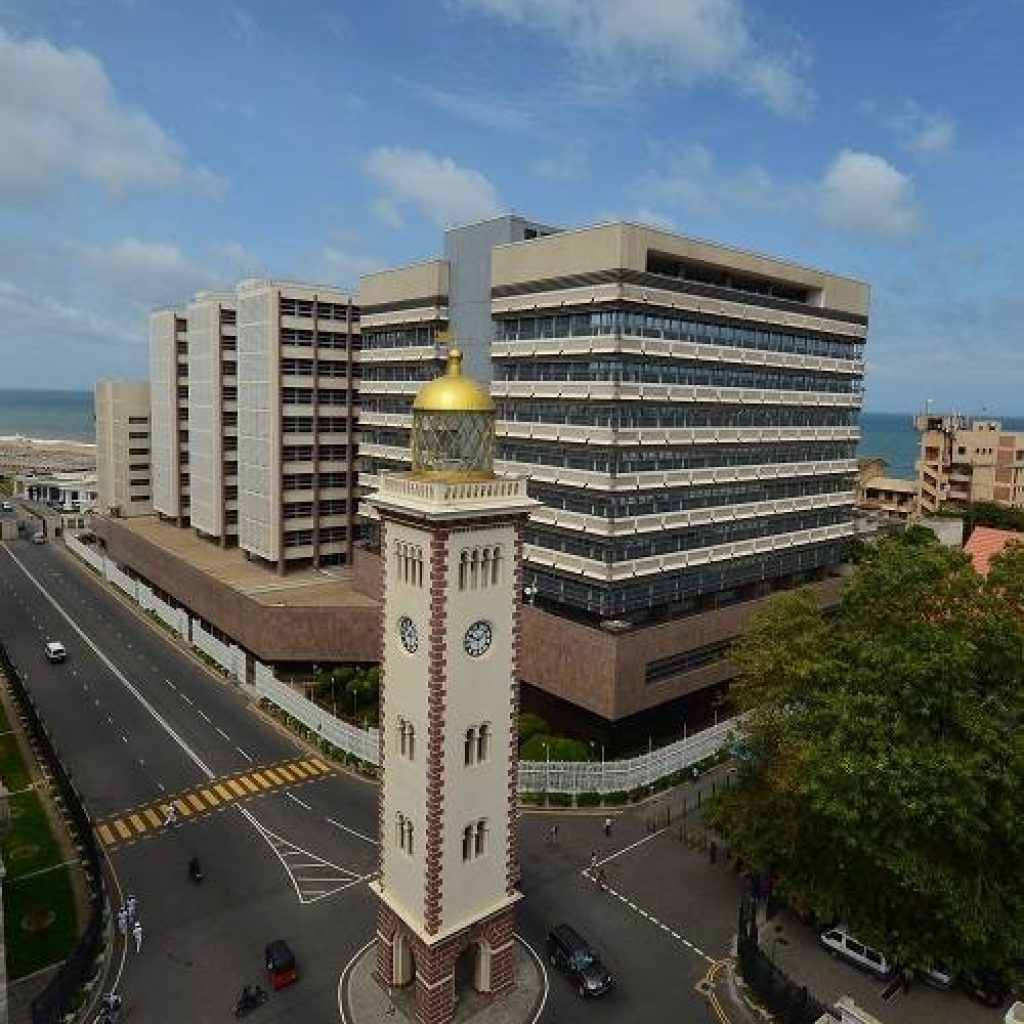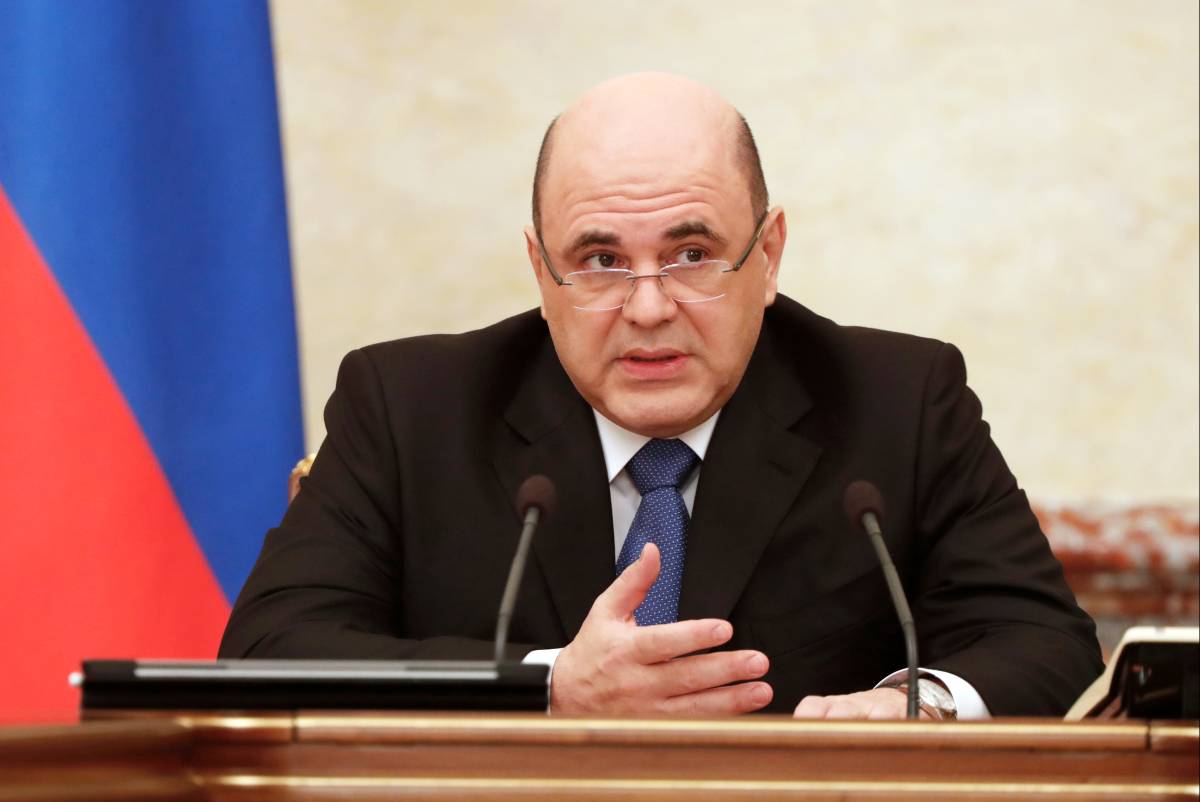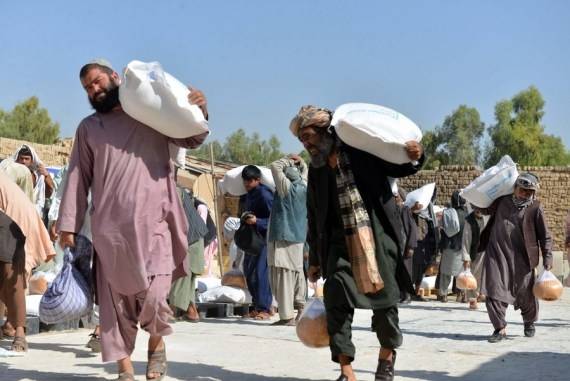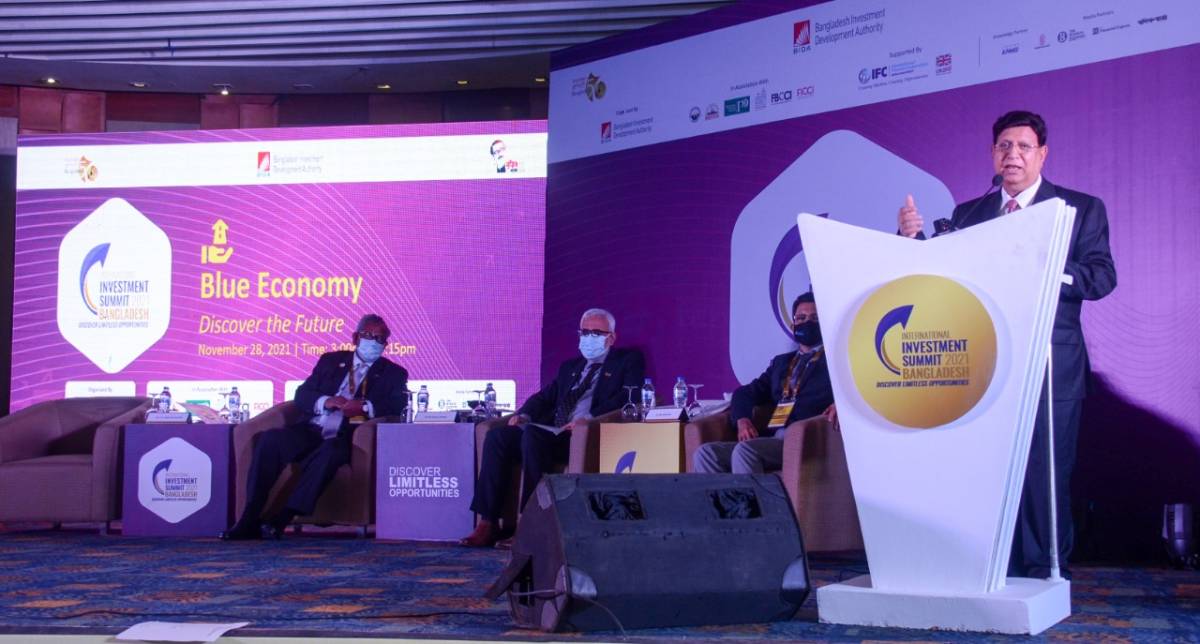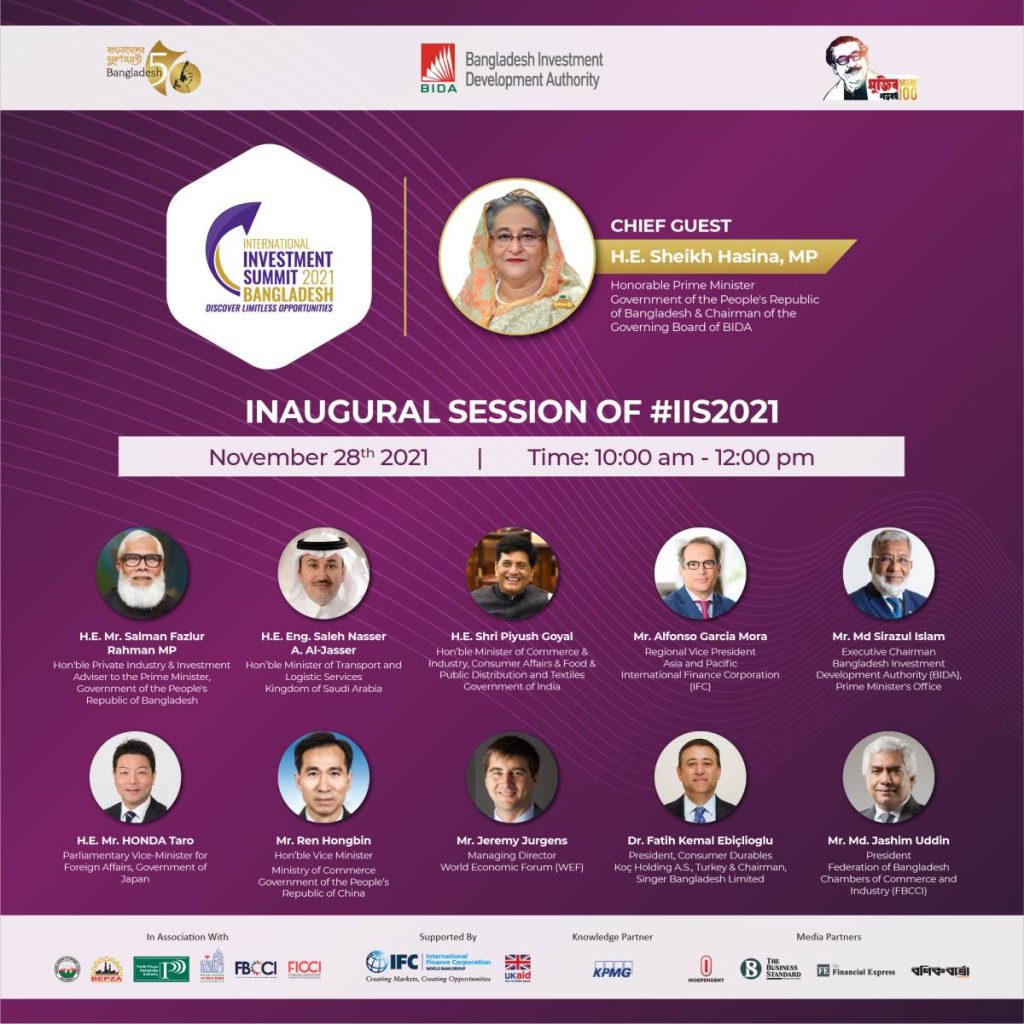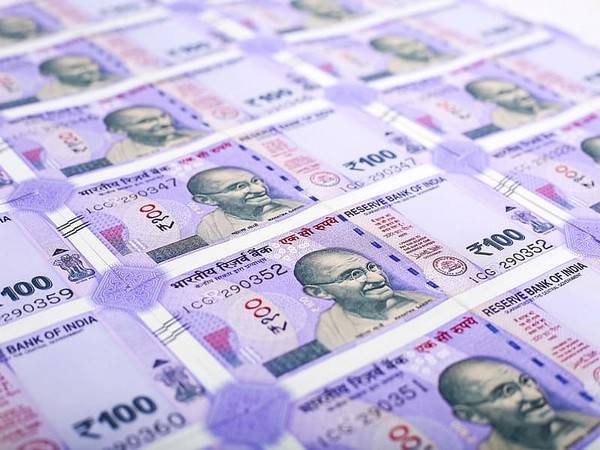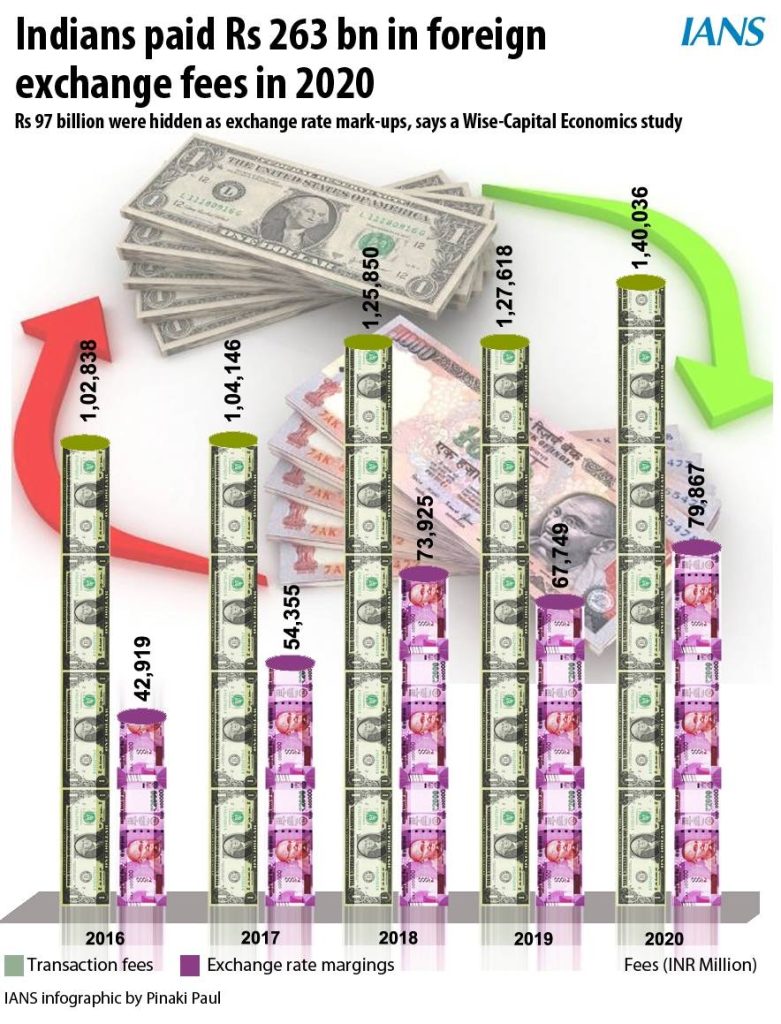Foreign investors bought Rs 18,828 crore worth of stocks up to August 12, as per NSDL data…reports Asian Lite News
Foreign institutional investors (FII) have bought highest amount of shares on August 12 since the beginning of this month.
As per data, FII bought shares worth Rs 3,040.46 crore on Friday, however, domestic investors sold Rs 839 crore in Indian equity market.
“The sentiments in the market have turned bullish due to the sustained buying by FPIs. FPIs turned net buyers in July and they have turned aggressive buyers in August. India is a preferred destination since India has the best growth prospects among large economies of the world. FPIs have turned buyers in autos, capital goods, FMCG and telecom. They continued to sell in IT,” said Dr. V.K. Vijayakumar, Chief Investment Strategist at Geojit Financial Services.
Foreign investors bought Rs 18,828 crore worth of stocks up to August 12, as per NSDL data.
Depreciation in dollar (dollar index declined from above 109 during late July to around 105.26 on August 12th) is the primary driver of capital flows to emerging markets, Vijayakumar added.
Foreign Institutional Investors (FII) have invested Rs 12,190 crore in last 10 days in Indian equity market after remaining sellers in last few months. However, Domestic Institutional Investors (DII) in the same period have sold stocks worth Rs 2,677 crore.
The increase in the amount of money coming in to the market has helped benchmark indices to rise sharply and rupee to appreciate against the US.
On Friday, Sensex ended up 130.18 points or 0.22 per cent at 59,462.78, and Nifty closed 39.15 points or 0.22 per cent higher at 17,698.15.
Whereas, at the interbank foreign exchange market, rupee ended at 79.66 against US dollar, as against 79.64 close on the previous trading session.


